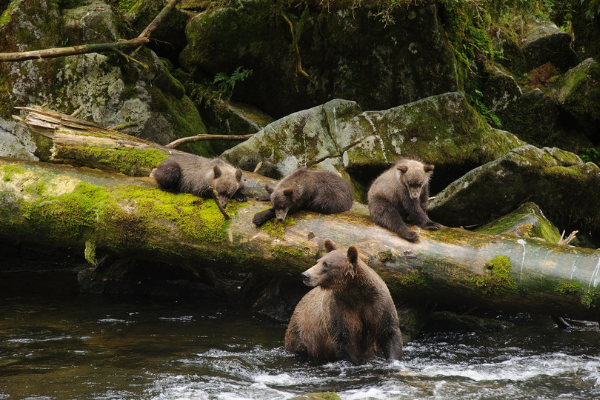We applaud the Biden administration for recently reversing a Trump-imposed policy that opened major areas of the U.S.’ largest national forest, the Tongass National Forest in Alaska, to logging and road development. Environmentalists see safeguarding one of the largest temperate rain forests on earth, as crucial to combatting the climate crisis. Such forests sequester more carbon than any other type of forest.
At nearly 17 million acres in size, the Tongass holds 44% of all the carbon stored in the U.S. National Forest system, according to the U.S. Department of Agriculture. It also contains some of the nation’s oldest forests, including some of the world’s largest remaining stands of old growth Sitka Spruce and Red Cedar.
Newly planted trees can never replace old-growth forests when it comes to combatting the climate crisis, according to a new study by the University of Oxford. “Most of the recent limelight has been on tree planting for carbon sequestration—and often these trees are commercial plantations of non-native species with little benefit for biodiversity,” said Alison Smith, joint first author of the paper.
“The expansion of forestry framed as a climate change mitigation solution is being used for corporate greenwashing, as an excuse for continued use of fossil fuels. Although it is vital to protect a diverse mix of carbon-rich and bio-diverse native ecosystems, such as old-growth forests, natural grasslands and wetlands, there is a limit to the carbon that can be stored by newly planted trees—and this carbon is at risk if trees are harvested or if they die from fire, drought or disease as the climate continues to warm.
Loss of existing forests is also devastating for wildlife. Tongass is home to wolves, black and brown bears, salmon, more than 40% of birds from across North America, and hundreds of other species of wildlife. It was originally protected by the 2001 Roadless Rule, which bans logging and road development in certain parts of the country. But in his final months in office, Trump exempted the forest from the rule.
The Biden Administration’s decision is a part of its ambitious climate agenda.

